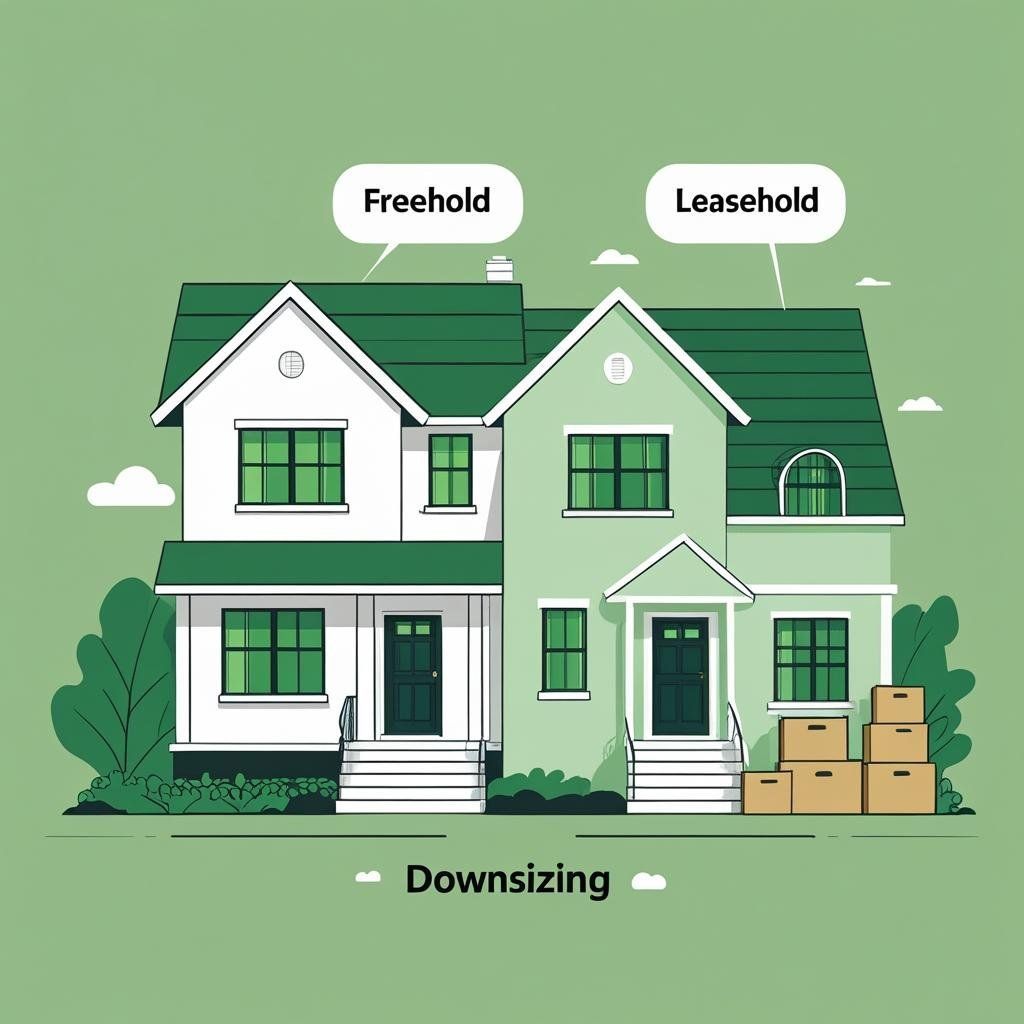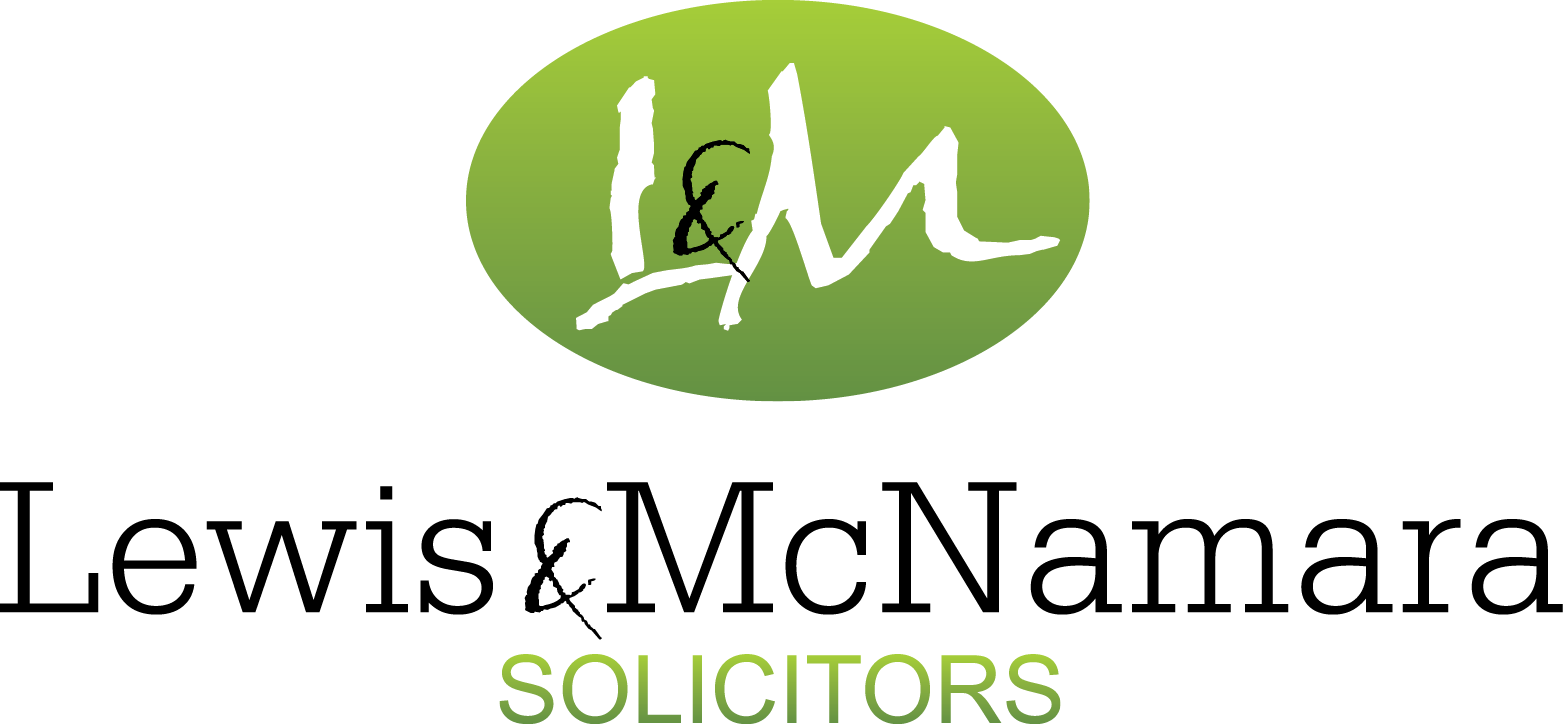Our Blog

When considering a move into a retirement village, one of the most important decisions is the type of tenure you’ll enter into. The two most common arrangements are freehold and leasehold, each with distinct legal and financial implications under the Retirement Villages Act 1999 (Qld). Freehold Retirement Villages in Queensland In a freehold arrangement, you purchase the unit outright and your name is registered on the title—typically under a strata title or community title scheme. This gives you full ownership rights, similar to buying a traditional home. Advantages of freehold include: Ownership security: You hold a registered interest in the property. Capital gains potential: You may benefit from property value increases. Estate planning flexibility: You can leave the property to beneficiaries. However, freehold ownership also comes with responsibilities: Stamp duty is payable on purchase. You’ll be liable for body corporate fees, maintenance, and insurance. Exit entitlements and resale conditions may still be governed by the village operator and the Retirement Villages Act. Freehold options are less common in Queensland retirement villages but may appeal to those seeking long-term security and asset control. Leasehold Retirement Villages in Queensland Leasehold is the most prevalent model in Queensland. Under this arrangement, you don’t own the unit but instead sign a long-term lease—often 99 years—granting you the right to reside in the unit and access village services. Benefits of leasehold include: No stamp duty is payable. Lower upfront costs compared to freehold. Simplified legal structure, often with a single residence contract. Leasehold agreements in Queensland are regulated under the Retirement Villages Act 1999, which mandates disclosure of key financial terms, including: Entry payments Ongoing service fees Exit entitlements and fees, such as deferred management fees (DMFs) Some leasehold interests may be registered on title, offering additional legal protection. However, residents should be aware of: Limited resale control: The operator often manages the resale process. Exit fees: These can significantly reduce the amount returned when you leave. Ongoing obligations: You’ll still pay for general services and maintenance. Legal Protections and Considerations Queensland law requires operators to provide a Village Comparison Document and a Prospective Costs Document before you sign a contract. These documents outline your rights, costs, and the village’s financial model. Recent amendments to the Retirement Villages Regulation 2024 have strengthened transparency around financial reporting, including requirements for capital replacement and maintenance reserve fund budgets. Get Legal Advice Before You Decide Whether you’re considering a freehold or leasehold arrangement, it’s essential to seek independent legal advice. At Lewis & McNamara we help clients navigate the complexities of retirement village contracts, ensuring your rights are protected and your future is secure.


